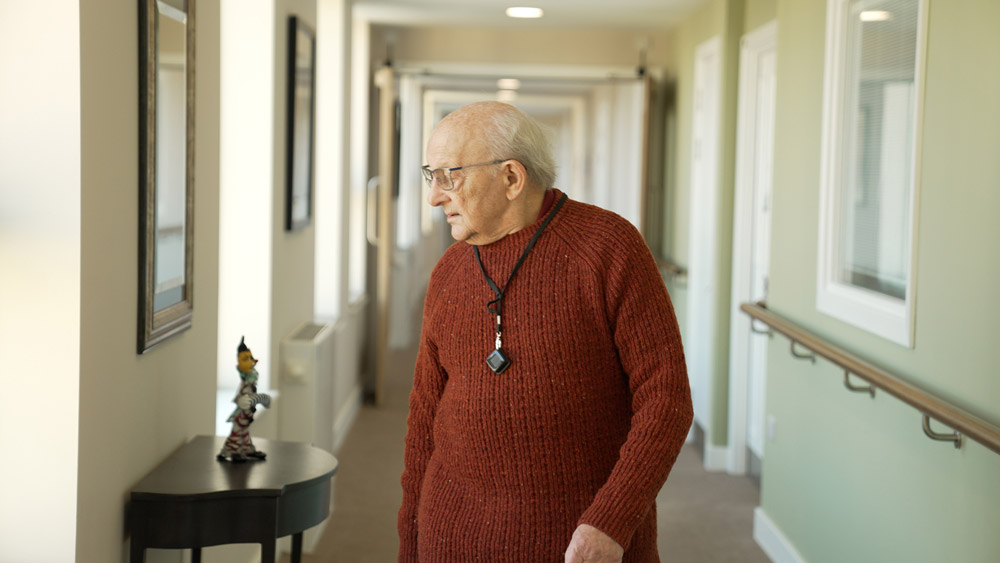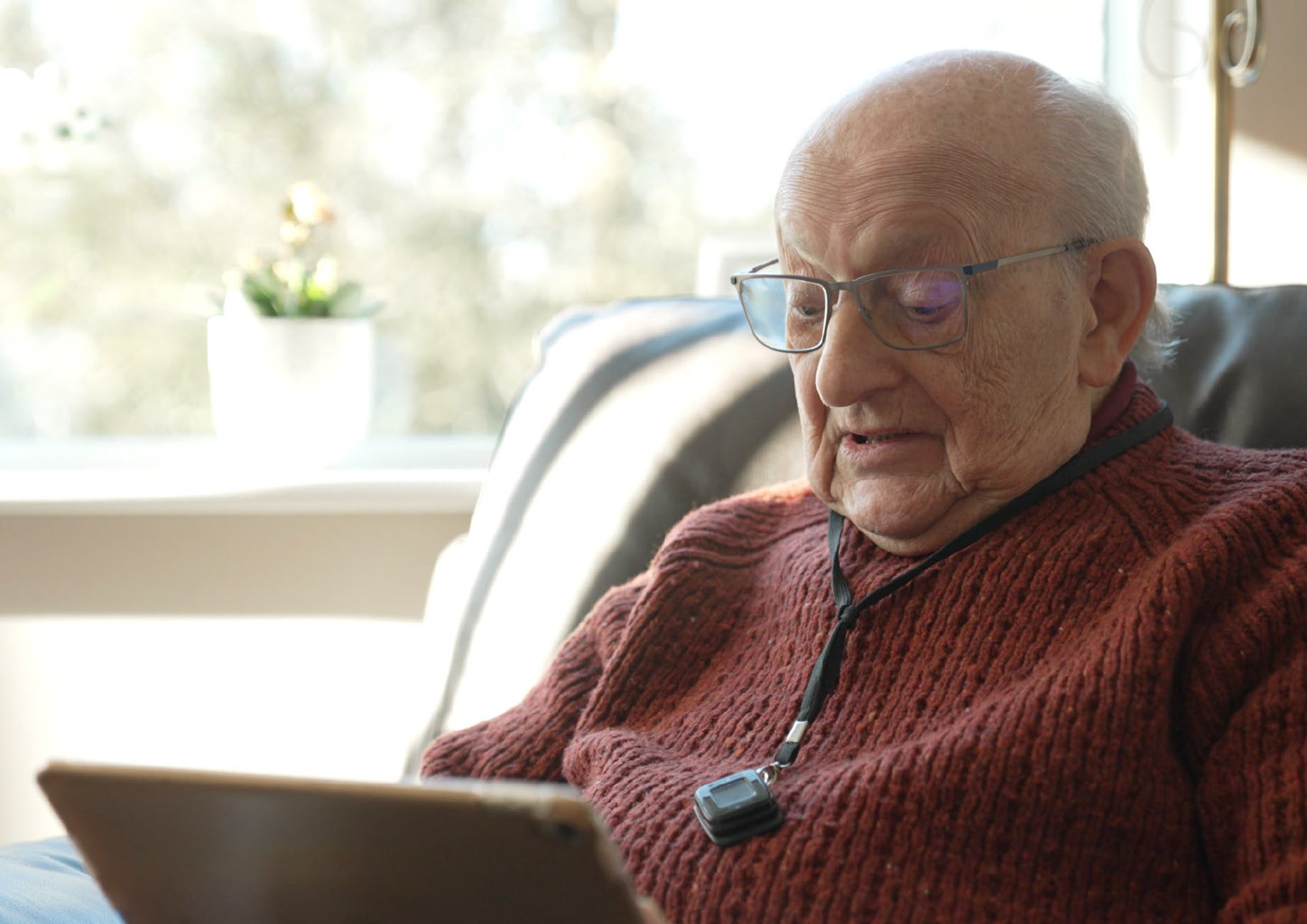Wes Streeting has defended the timescale for reforming adult social care in England, promising to finally ‘grasp the nettle’ but saying it would take time.
The health and social care secretary announced on Friday, 3 January 2025 that an independent commission, chaired by Baroness Louise Casey, will begin work in April with a final report published in 2028.
We’re not alone at Everon UK in our view that this timescale feels too long, and that while getting it right is important, the government must look at measures that can be implemented sooner.
The timeline at present is for Baroness Casey to report back initially by mid-2026 and identify critical issues and medium-term improvements. Phase two will look at how to organise care services and fund them for the future.
That will not report until 2028 – a year before the next general election. It will also be a year after analogue to digital switchover is due to take place with all that means for investment decisions being made by service commissioners now.
National Care Service is the ultimate goal but is timescale wrong?
So, what’s the thinking? The government’s ultimate aim is the set-up of a new National Care Service able, the Secretary of State says, to “meet the needs of older and disabled people into the 21st Century” He denies the government is pushing social care reform into the long grass.
But, it doesn’t take a genius to work out that even if Labour win a second term and commits to the recommendations, it is likely we will be a third of the way through this century before we see any benefits coming through.
We agree with Sarah Woolnough, chief executive of health think-tank The King’s Fund and her view that the timescale ‘feels far too long.’ In an interview with Radio 4’s Today programme, she argued the government should ‘get on and do a lot of things [it] can now and then accelerate the timetable for further reform. Their full response can be read here.
In our view, a failure to act upon the most urgent pressures facing the social care system risks a missed opportunity for investment in services now. This raises the potential of health and social care providers taking quick fix solutions when long term answers are required.
The sad thing is that many of the solutions are already here, including game-changing intelligent cloud-based wireless technology that can lift the burden and costs of providing social care. Transformative decisions that could make a real difference in preventing hospital admissions and allowing more care to be given at home, risks being delayed once again.
Cloud-based wireless technology has potential to transform social care
Cloud-based wireless technology has been used for years to improve levels of customer service in many other sectors, using data, trends and insight to support improvements. We can do the same for social care, shifting services to a more preventative and sustainable model-of-care.
In September, last year Lord Darzi of Denham, speaking following his independent review of the NHS, warned that that the health service would ‘remain broken’ unless Labour quickly addressed the dire care situation.
This feels like another excuse to go around in the same circle. It’s right that we get it right but how will this latest commission be any different from the Dilnot review of 2011. Surely that report has recommendations that could be delivered or tweaked now, rather than waiting for the same answers to be given again in three years’ time.
Seeking cross-party support for the commission and its outcomes is good, but we should already be there. A national consensus exists now, there can be no more excuse for delay. Those of us experienced in this sector know what needs to be done.
If we are to wait again, we hope all politicians do finally come together to find a real and workable solution and put party politics aside in the national interest. This is too important a task for political point scoring. We can’t go through this again.
In our view, technology needs to be adopted more consistently and in a way that supports the wider healthcare eco-system, including supported housing. This will ensure the real early warning signs for health deterioration are recognised and allow potential cost benefits and savings to be realised across both the health and social care sector.
At some point we hope our voices will finally be heard, and action that has the potential to transform both the NHS and social care across England is finally taken, and not quietly forgotten once again.
Everon works directly in the UK with commissioners of grouped or supported housing services – from housing associations to care home networks, local authorities to integrated care boards.
We specialise in cloud-based wireless technology that analyses data to provide insight for early detection of health issues. Everon has supported the likes of Clarion Housing, Hyde Housing, Community Housing and Jewish Care, working in continued partnership on the digital transformation of their estates.
To find out more about how Everon can support your organisation, contact our UK Sales Director Mark Smith – mark.smith@everon.net or book a consultation and we’ll be in touch.


